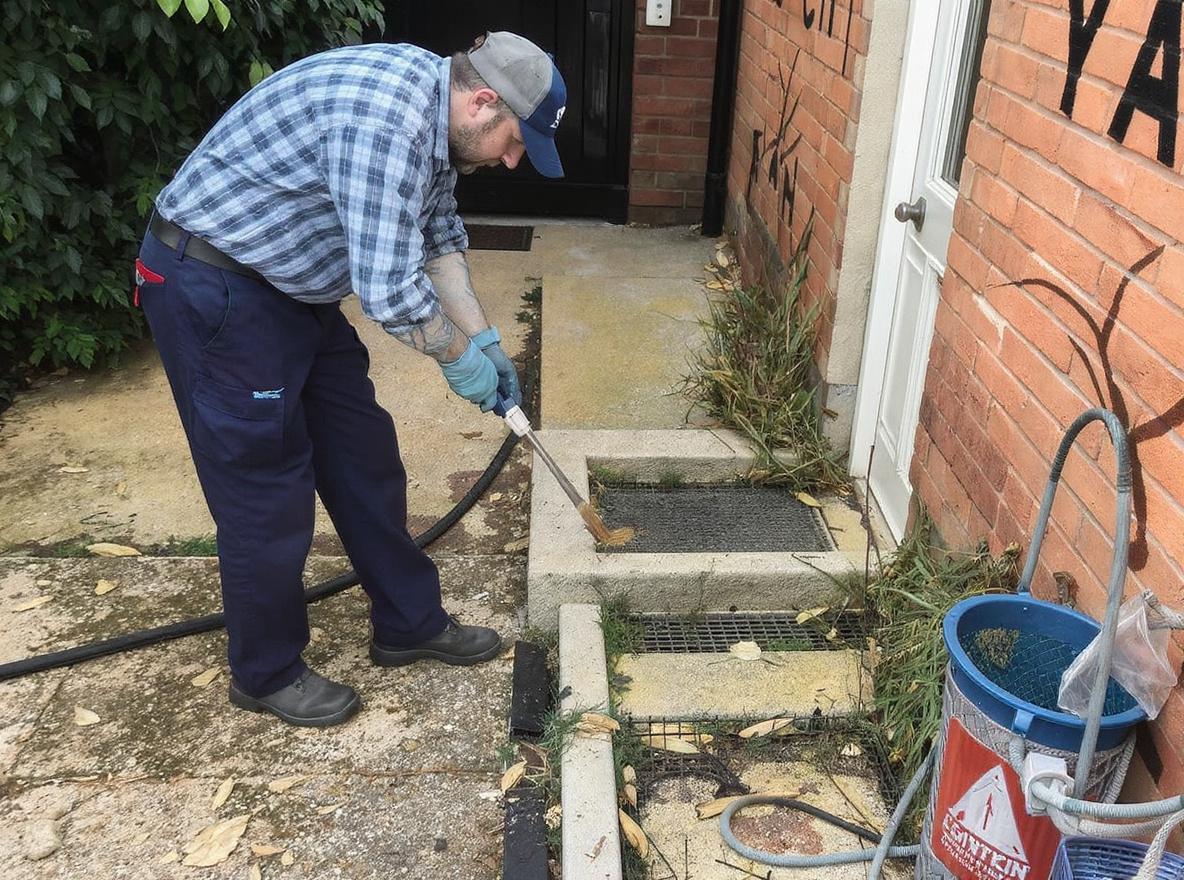The journey to quit smoking can be challenging, yet it's filled with opportunities for personal development and financial gain through participating in clinical trials. Discover how you can earn money and gain access to dedicated resources while taking a significant step towards a healthier, smoke-free life.

Earn Money While You Quit: Participate in Clinical Trials
Quitting smoking is often easier said than done, but the financial incentive associated with clinical trials can provide that extra motivation to make a definitive change. Researchers continuously seek participants for smoking cessation studies, and they offer compensation as a part of their recruitment strategies. These payments can vary based on the length and complexity of the study but are a common practice to reward your involvement and time.
Participating in a clinical trial doesn’t just reward you financially; it provides you access to cutting-edge treatments and strategies developed by medical professionals. These trials can range from testing new medications and behavioral therapies to exploring technological interventions such as smartphone applications or state-of-the-art nicotine replacement therapies. By participating, not only do you benefit personally, but you also contribute to wider scientific knowledge that could save countless lives.
Choosing the right clinical trial is essential. Trials are generally carried out at medical research centers or universities and come with specific eligibility criteria to ensure your health and safety. To explore trials that might be right for you, visit reputable resources like SmokeFree.gov, which offers a comprehensive database of ongoing studies and the compensation associated with each.
Explore Available Clinical Trials Near You
Finding accessible clinical trials in your vicinity is more convenient than ever with online resources and dedicated organizations that streamline this process. Websites, such as PolicyLab Clinical Trials, provide excellent starting points for identifying studies near where you live. Typically, these platforms allow you to search by location, eligibility criteria, and specific studies, thereby enabling you to make informed decisions quickly.
Once you identify a promising trial, it’s crucial to understand the study’s requirements, expected outcomes, and the type of support you will receive. Many studies offer health assessments, monitoring, and personalized coaching to aid in your smoking cessation journey. It’s important to read the detailed consent forms and participate in preliminary screenings that help assess your suitability for the trial.
While proximity is important, ensure the trials you consider align with your personal goals and lifestyle commitments. Ask pertinent questions about how frequently you will need to visit the research center and what kind of follow-up is required. This upfront due diligence ensures a seamless experience for both you and the research team.
10 Proven Strategies to Help You Quit Smoking
As you consider embarking on a smoking cessation journey, whether independently or through a clinical trial, equip yourself with strategies proven to enhance success rates. Here are ten effective strategies you can employ:
- Set a Quit Date: Choose a specific day to quit smoking and mark it on your calendar. This gives you a concrete goal to work towards.
- Identify Triggers: Be mindful of the situations or emotions that trigger your urge to smoke, then develop a plan to counteract these moments.
- Use Nicotine Replacement Therapy (NRT): Using products like nicotine patches or gum can help manage withdrawal symptoms and increase your chances of success.
- Seek Behavioral Support: Counseling or support groups can provide the accountability and encouragement necessary to maintain your commitment.
- Try Prescription Medications: Consult a healthcare provider for medications like varenicline or bupropion, which have been effective in aiding smoking cessation.
- Engage in New Activities: Replace smoking with activities that enhance relaxation and joy, such as exercise, reading, or crafting.
- Inform Your Network: Let friends and family know about your plan to quit, so they can support and cheer you on.
- Stay Focused on Your Motive: Regularly remind yourself why you want to quit. Whether it’s for health reasons, family, or financial savings, keep your reasons visible.
- Monitor Progress: Keep a journal or use apps to track your milestones and reflect on improvements in health and wellbeing.
- Expect and Plan for Challenges: Prepare for difficult moments and setbacks, and develop strategies to address them head-on with positivity.
Incorporating these strategies can significantly boost your success odds, allowing you to tackle the challenge with confidence and resilience. For additional tips and personalized strategies, the Mayo Clinic offers a plethora of helpful resources designed to guide you through your quitting journey effectively.
For those seeking to quit smoking, participating in clinical trials can be an enriching endeavor. It’s an opportunity to access innovative treatments, receive professional support, and also earn while you work towards achieving a smoke-free life. By leveraging available resources, setting informed goals, and employing proven strategies, you can successfully navigate the journey to quitting smoking—an investment in your long-term health and well-being that you’ll never regret.




